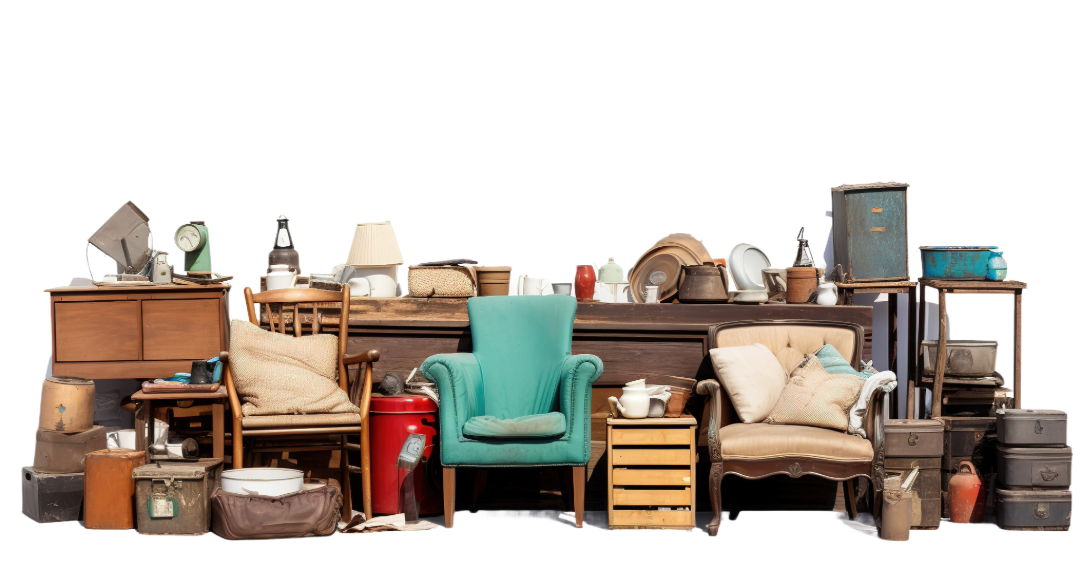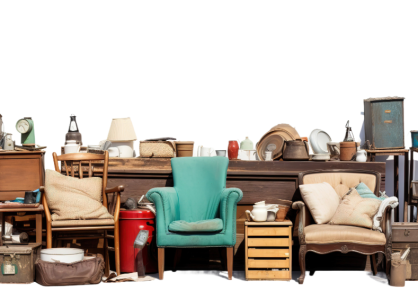Collecting is a deeply ingrained human activity that transcends cultures and generations. From rare coins and vintage toys to art masterpieces, the act of gathering and preserving items offers insights into our psyche and connection to the past. Understanding the psychology behind collecting reveals why we cherish certain objects and how nostalgia influences this behavior.
The Psychology of Collecting: Beyond Mere Accumulation
Collecting is more than the mere accumulation of items; it serves various psychological purposes:
- Sense of Control and Order: In a chaotic world, organizing and categorizing collections can provide individuals with a feeling of control and structure. melbourneartclass.com
- Expression of Identity: Collections often reflect personal interests and values, allowing individuals to express their identity and uniqueness. alexander-mitchell.medium.com
- Social Connections: Sharing and discussing collections can lead to social interactions, fostering a sense of community among like-minded enthusiasts.
- Intellectual Satisfaction: The pursuit of rare items or completing a set can stimulate intellectual curiosity and provide a sense of accomplishment.
Emotional Connections: Why We Cherish Certain Items
The emotional attachment to collectibles often stems from:theguardian.com
- Personal Memories: Items associated with significant life events or loved ones can evoke strong emotional responses.
- Nostalgia: Collectibles can serve as tangible links to the past, allowing individuals to relive cherished moments and experiences.
- Aesthetic Appreciation: The beauty or craftsmanship of an item can elicit admiration and a desire to own it. collectinsure.com
The Science Behind Nostalgia: A Journey Through Time
Nostalgia, the sentimental longing for the past, plays a significant role in collecting:self.com
- Psychological Benefits: Engaging in nostalgic reflection can boost mood, increase self-esteem, and enhance feelings of social connectedness. en.wikipedia.org+1science.howstuffworks.com+1
- Coping Mechanism: Nostalgia can serve as a buffer against stress, loneliness, or existential anxiety by providing a sense of continuity and meaning. sciencefocus.com
- Neurological Basis: Nostalgic experiences activate brain regions associated with memory, emotion, and reward, reinforcing the pleasurable aspects of reminiscing. medium.com
Collectiblepedia: Preserving the Essence of Collecting
At Collectiblepedia, we delve into the multifaceted world of collecting, offering insights into the motivations behind this timeless pursuit and tracking the evolution of collecting trends. By exploring the psychological and emotional facets of collecting, we aim to enrich the understanding and appreciation of this enduring human endeavor.
Collecting is intertwined with our psychological makeup and emotional well-being. It provides a means to connect with our past, express our identities, and find joy in the tangible. As we continue to treasure and preserve items from bygone eras, we not only honor history but also enrich our present lives through the stories these objects tell.alexander-mitchell.medium.com
References:
- The Psychology of Collecting
- Feeling nostalgic? Your brain is hardwired to crave it
- Why do people collect? The psychologist’s view
- The Science Behind Nostalgia
- Collecting: An Urge That’s Hard to Resist

